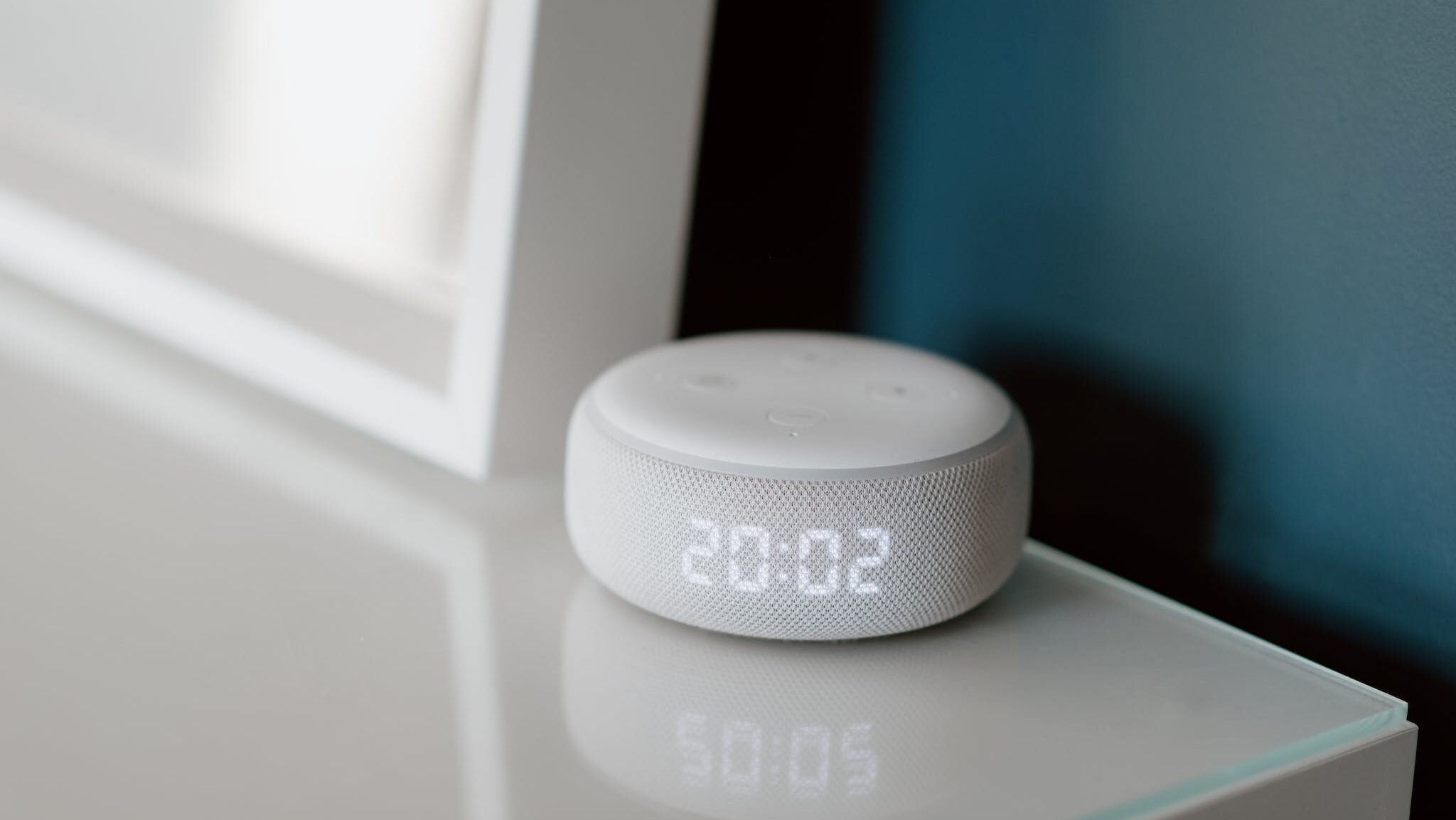As voice assistants and voice-activated devices find their way into our homes, Voice Assistants and Privacy becomes a real concern. Yes, there are apps that respond to voice commands opens doors to a tech-savvy consumer market, and so much more opportunity and awe inspiring voice commands. However, just how much are Big Tech taking in on what is being said within our homes and private spaces?
In this exploration, we’ll navigate the landscape of voice assistants, address privacy concerns, and guide users and developers on a user-centric approach that balances innovation with transparency.
Are Voice Assistants Spying On Us?
Voice assistants often evoke images of Orwellian surveillance, akin to the “Telescreen” from 1984. The fear of being monitored, captured in a dystopian narrative, echoes real concerns. Instances like Samsung cautioning against discussing personal information in front of voice-controlled smart TVs in 2015 add to the apprehension.
Research indicates a significant integration of smart speakers into households, with 75 percent of US households projected to have a smart speaker by 2020, according to Microsoft. However, public understanding of this emerging technology remains incomplete, with many users believing their conversations are under constant surveillance.
While voice assistants are “always listening” at a local level, they only transmit data after triggering phrases like “OK Google” or “Hey Siri.” Despite this safeguard, the privacy risk is evident. Accenture UK’s research highlights that 40 percent of voice assistant users express concerns about the ambiguity of “who is listening” and the use of their data.
But, it is 2023, and especially Europe has been debating about data protection for quite a long time, at least since the 1970’s. So there is a good and vast legal framework worldwide already in place that must be followed even by Big Tech. They impose the requirement of collecting – or earning – a valid conscent from the user, usually before, collecting any data. Also, the reason, process, end goal and what it’ll be used for have to be disclosed before hand, so that the user can know why the data is being collected, and then decide in a better informed way to consent or refuse.
Understanding Your Rights
Now, let’s dive into what you, as a user, should be aware of:
Privacy Laws
These laws are evolving to keep up with technology. Companies must adhere to legal obligations governed by privacy and data protection laws, as well as contractual obligations outlined in third-party providers’ terms and conditions (e.g., Google, Amazon).
United States
Privacy laws in the US are evolving, with regulations like the California Consumer Privacy Act (CCPA) signaling a shift towards tighter rules. While not directly impacting small companies, understanding and aligning with these regulations provide a competitive advantage.
European Union
The General Data Protection Regulation (GDPR) is a robust data protection law applicable to almost all commercial activities involving personal data in the European Union. Companies operating in the EU must carefully consider their use of voice assistant technology to avoid violating GDPR.
Third-Party Involvement
Companies like Amazon, Apple, Google, and Microsoft set explicit requirements for privacy practices for third-party developers and manufacturers. As a user, you should be aware of these standards to ensure your data is handled responsibly.
Data Collection Transparency
Transparency is key when it comes to data collection. Privacy policies, required by law and third-party agreements, should clearly state:
- What personal information is collected.
- How and why personal information is collected.
- What is done with the collected personal information.
- With whom personal information is shared.
For instance, products like KasaSmart and Soundcore emphasize transparency in their privacy policies.
Your Consent Matters
As voice assistant technology becomes more prevalent, your consent becomes imperative. Privacy laws, including GDPR, necessitate consent before using personal information. Companies like Apple and Google have stringent requirements for obtaining your consent.
- Apple: Users must grant permission for apps to communicate with Siri via Sirikit.
- Google: Requests for microphone access require user consent at runtime.
Looking Forward: Empowering Users
As the world of voice assistants continues to evolve, the emphasis on user-centric innovation becomes more pronounced. Users, riding the wave of technological advancement, must remain vigilant to the ethical and legal dimensions of their interactions.
Striking the Balance for Users
The challenge is finding the right balance between technological innovation and user privacy. It’s crucial to be mindful of the potential intrusiveness of voice assistant technology. Transparency in how data is collected, processed, and shared fosters a sense of control and understanding among users.
Empowering Users through Education
Part of building trust involves educating users about the functionality and limitations of voice assistants. Clear communication about when data is recorded, how it’s used, and the protective measures in place can alleviate apprehensions. This educational aspect is crucial in demystifying the technology and empowering users to make informed choices.
The Future Landscape of Voice Assistants and Your Privacy
The trajectory of voice assistants and privacy is intertwined with the broader landscape of technology and data protection. As regulatory frameworks continue to evolve, users must stay informed and assert their rights.
Here is what you, as user, should keep demanding
- Regulatory Landscape: Anticipate and adapt to changes in privacy regulations. Stay informed about updates to existing laws, positioning yourself to align seamlessly with evolving privacy standards.
- Ethical Development Practices: Advocate for ethical development practices that prioritize user welfare. Support features that enhance user control over their data and incorporate privacy-enhancing technologies.
- User Empowerment: Demand greater control over your data. Future developments in voice assistant technology should empower users to customize privacy settings, manage data permissions, and easily access clear information about how their data is handled.
Closing Thoughts: Privacy as a Pillar of Innovation
In the dynamic landscape of technology, privacy emerges as a cornerstone of innovation. Developers shaping the future of voice assistants bear the responsibility of ensuring that technological advancements align with user expectations and regulatory requirements.
As voice assistants become more ingrained in daily life, their success hinges on a foundation of trust. Users must feel confident that their interactions with these technologies are not only convenient but also secure and respectful of their privacy.
In conclusion, the journey into the world of voice assistants is a collaborative effort between developers, regulatory bodies, and users. By adopting a user-centric approach, developers can drive innovation while upholding privacy standards. As the narrative of voice assistants and privacy unfolds, responsible development practices will undoubtedly pave the way for a harmonious integration of technology into our lives.





